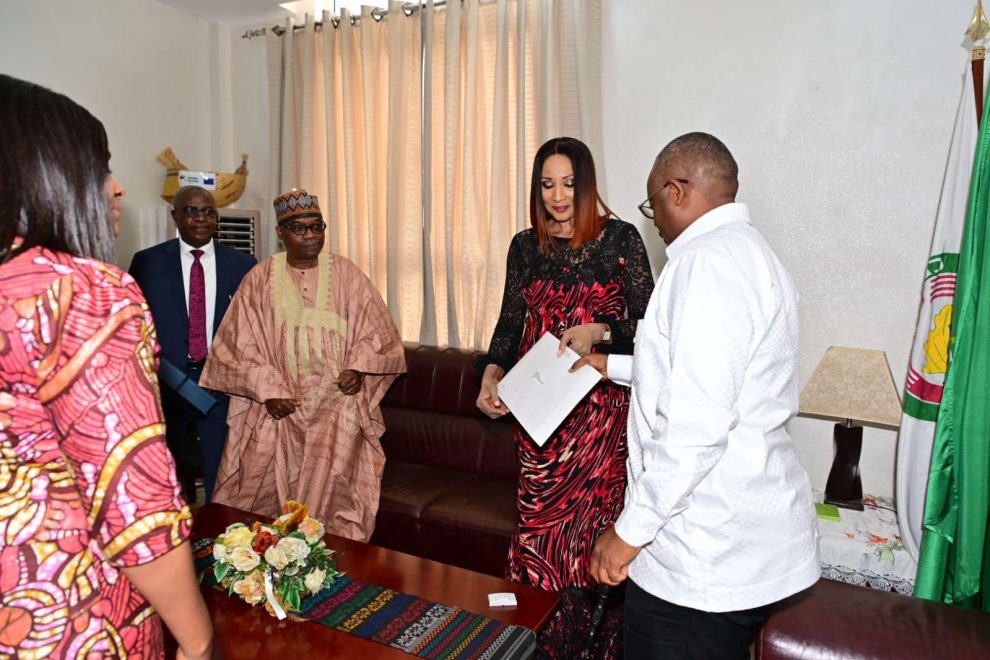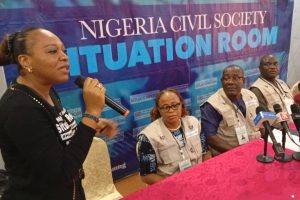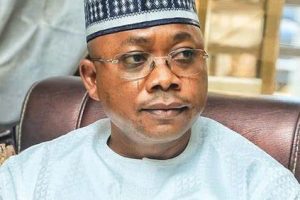Abuja, Nigeria – Nigeria is set to host a pivotal economic summit aimed at revolutionising regional integration in West Africa. President Bola Tinubu’s Special Envoy, Minister of State for Foreign Affairs, Ambassador Bianca Odumegwu-Ojukwu, has delivered a formal invitation to Guinea-Bissau’s President Umaro Sissoco Embaló for the inaugural West African Economic Summit (WAES), scheduled for June 20th to 21st, 2025, in Abuja.
The Nigerian Ministry of Foreign Affairs confirmed that President Sissoco has accepted the invitation, pledging his “utmost support” for the summit and indicating he will attend with a “high-quality delegation.” Ambassador Odumegwu-Ojukwu described the WAES as a “legacy project” of President Tinubu, designed to bring “increased momentum to the integration efforts of the region.”
Analysis: A New Chapter for West African Integration?
This newly announced West African Economic Summit comes at a critical juncture for regional integration. The Economic Community of West African States (ECOWAS), the traditional bloc for economic and political cooperation, has recently faced significant challenges, including the formal withdrawal of Mali, Niger, and Burkina Faso earlier this year, all now under military rule. This has raised questions about the future of a unified West Africa.
President Tinubu, who has concurrently served as the Chairman of the ECOWAS Authority of Heads of State and Government, appears to be positioning the WAES as a platform to potentially bridge divides and invigorate economic ties across the region, regardless of current political affiliations. The summit aims to promote economic integration, unlock trade opportunities, and boost investment, with a stated goal of shifting regional economic dynamics from dependency to productivity.
The inclusion of Guinea-Bissau, a relatively smaller economy but a key member of ECOWAS, signals an attempt by Nigeria to foster broad-based participation in this new economic initiative. While Nigeria and Guinea-Bissau’s direct bilateral trade figures are modest, Nigeria’s role as a regional economic powerhouse and its commitment to stability in West Africa are significant.
The WAES is designed to bring together heads of state, ministers, private sector leaders, and development partners, creating a non-political platform for economic collaboration. This approach may be an attempt to circumvent some of the political tensions that have hampered ECOWAS’s progress, particularly in light of the Sahelian states’ departure.
Challenges to West African economic integration remain substantial, including political instability, diverse economic systems, inadequate infrastructure, and trade barriers. However, initiatives like the WAES, if successful, could help foster a more unified approach to trade, investment, and development, potentially strengthening the region’s position within the broader African Continental Free Trade Area (AfCFTA).





Add Comment